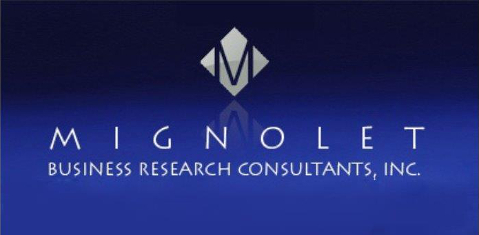In light of the recent Presidential debate, I want to take some time this month to talk about preparation and facts. The question that comes to mind is this: Is studying for a test cheating? No. Studying for a test – or for a job, case or argument – is smart and essential to a successful outcome.
Coming in fully prepared means coming in qualified, knowledgeable, and willing to listen to those who offer constructive criticism. It means not cutting corners in your research and being willing to see the truth even if it’s not what you expected or wanted it to be.
Preparation is vital to doing any job right, conveying correct facts, and accomplishing any goal. While this is true to some extent in all cases, there are many situations in which going in unprepared can quickly escalate.
What if I didn’t research my investigations and rather just made allegations? What if I didn’t prepare for court? What if I didn’t understand or follow the processes put forth by my clients, and what if I went ahead and followed misguided instructions? It would quickly escalate into malpractice and I would jeopardize both my license and that of my client.
So what does proper preparation look like?
Being prepared means knowing your role and responsibilities, understanding the facts of the matter, and surrounding yourself with people who know what they’re doing and will hold you to a high standard.
Before you go into an interview, a contract, or a trial, understand your responsibility to know all the facts and objections. Research the laws and procedures surrounding what you will be doing so as to not overstep into malpractice. Understand the people and organizations you will be working with so you know how to best interface with them. Learn the tech you will be working with. Ask questions about what is expected of you and listen to the answers you receive. Many mistakes are made by not knowing – or knowing but ignoring. Prepare to fill the role you will soon be in as best you can before you find yourself standing in it and the learning curve will be much more manageable.
If you are in a position where you must build a case, argue your point, or back your stance up with information, make sure your have vetted the evidence and that it came from a credible source. Many people fall short on this in everyday life because they get their information from a Google search or from something shared on social media. Be responsible with the information you present as fact and share. False information spreads just as rapidly as legit info, and sometimes even more so if it is fabricated to be controversial or provocative. When researching, do not follow Google recommendations because it is based on your previous searches and therefore tailored to your bias. When it comes to investigation, preparing a case, or discussing domestic and foreign policy issues, the importance of presenting accurate, unbiased facts cannot be overemphasized. While the judge, mediator, or electorate may impose their bias on the facts, the facts themselves must be objective and unbiased. Misinformation acted upon has dire consequences.
While we’re talking about biases, one of the best ways to make sure you stay on track – both with your facts and the process through which you find them – is to surround yourself with people who understand the process and will hold you to it, correct your mistakes, and be accurate sources of guidance and information. Don’t shy away from people who call you out, or call attention holes in your case, your investigation, or your sources. When we hold each other to high standards of preparation and work ethic, we do better individually and as a team.
Preparation – knowing your role and the statutes and procedures surrounding it, researching and fact-checking your information, and surrounding yourself with people who do the same – is vital to any job, be it in investigation, litigation, customer service, or politics. Anything less is just bad work ethic and can have severe repercussions. Tolerating it in our leaders sets a horrid example for everyone and lowers standards of professional conduct across the board.
